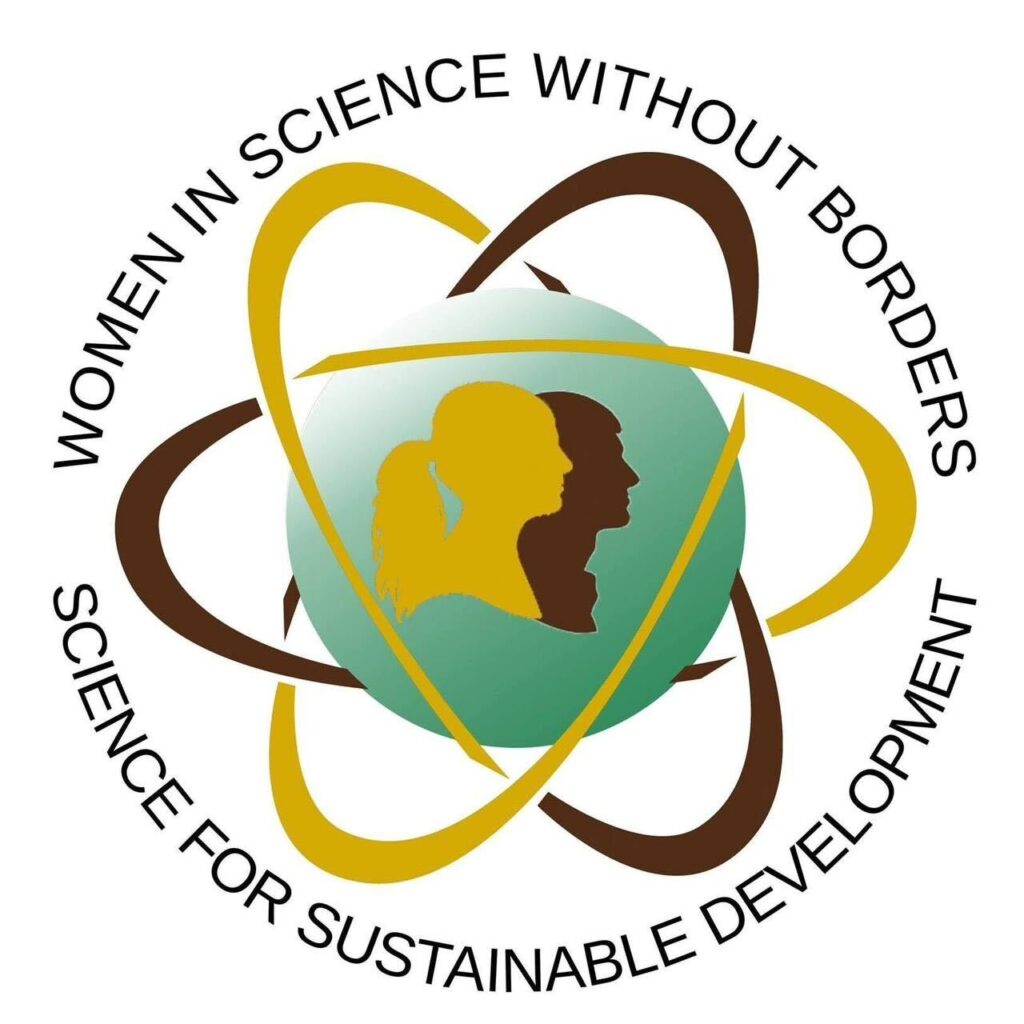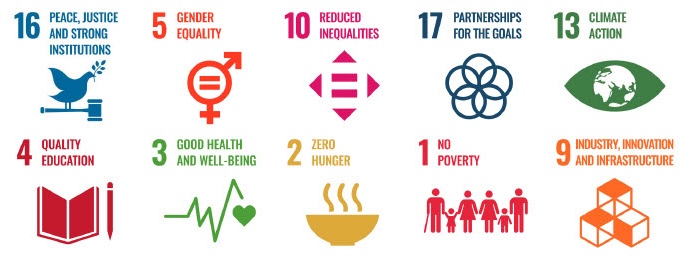World Forum for Women in Science - Japan
The 11th International Conference for Women in Science without Borders
Science and Technology for Peace
Date: July 18-20, 2026
Venue: Hiroshima University, Kasumi campus (Hiroshima-city)
会場:広島大学 霞キャンパス

Japanese Organizing Committee
Chair
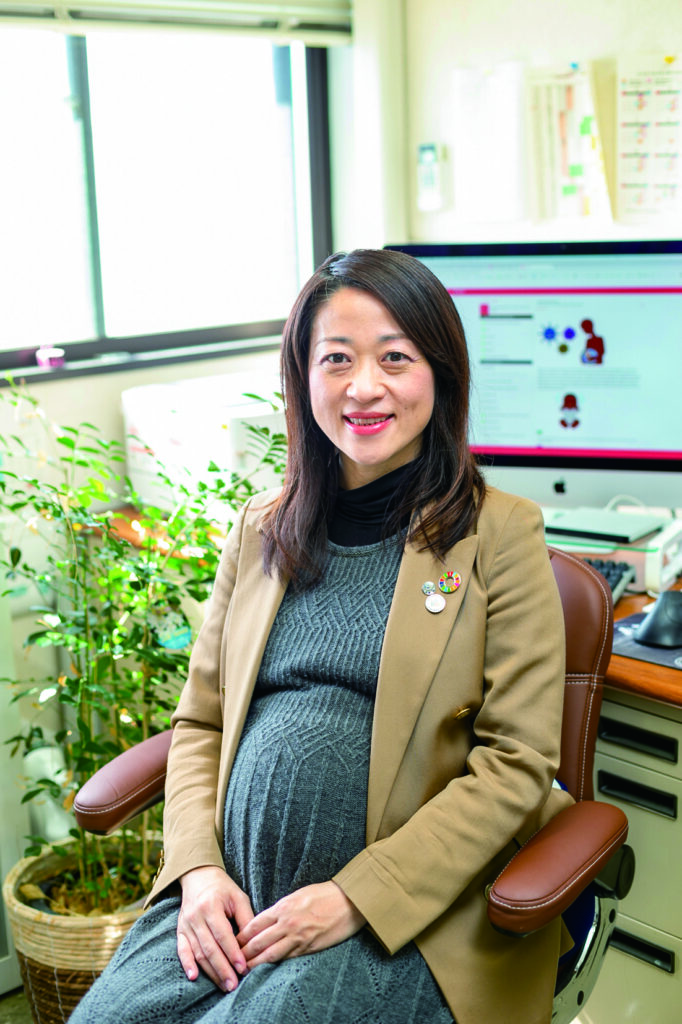
Yoko Shimpuku, Global Young Academy/ Young Academy of Japan Alumni, Hiroshima University
Prof. Yoko Shimpuku is Professor of Global Health Nursing at Hiroshima University, where she leads research and education in maternal and child health with a strong focus on equity, care, and digital health innovation. She has conducted extensive field research in Tanzania and other African and Asian countries to improve maternal and newborn outcomes, particularly through the development and evaluation of mobile health interventions and midwifery education programs. Prof. Shimpuku has also advanced interdisciplinary projects that aim to make visible the social and economic value of caregiving, linking nursing, anthropology, and digital technologies.
She has played active roles in international academic and policy communities. She currently serves as a member of the WHO STAGE Midwifery Expert Group and the International Confederation of Midwives (ICM) Regional Professional Committee for the Western Pacific (Researcher). She is also a member of the Science Council of Japan. Previously, she served on the executive committees of the Global Young Academy and the Young Academy of Japan, contributing to science diplomacy and global equity in science and health. In 2020, she was recognized by WHO, the United Nations, and partner organizations as one of the “100 Outstanding Women Nurse and Midwife Leaders” worldwide.
Committee
Haruka Sakamoto, Young Academy of Japan
Kei Kano, Young Academy of Japan
Yuki Monden, Young Academy of Japan
Saki Sugano, Young Academy of Japan
Daisuke Matsumoto, Young Academy of Japan
Saori Kashima, Hiroshima University
Sonoko Watanabe, Hiroshima University
Sanmei Chen, Hiroshima University
Ami Fukunaga, Hiroshima University
Jiaur Md Rahman, Hiroshima University
Miyuki Toda, Hiroshima University
Megumi Ikemomto, CEECS Japan Academy of Midwifery
Kyoko Tada, CEECS Japan Academy of Midwifery
Kanako Fukushima, CEECS Japan Academy of Midwifery
Honorary Chair of Conference
Prof. Amal Amin, founding chair of WISWB & WFWS, National Research Centre, Egypt.
External Organizer
Dott. Nerina Finetto, Founder and Director, Traces&Dreams AB
Welcome message from Mr. MATSUI Kazumi, Mayor of the City of Hiroshima
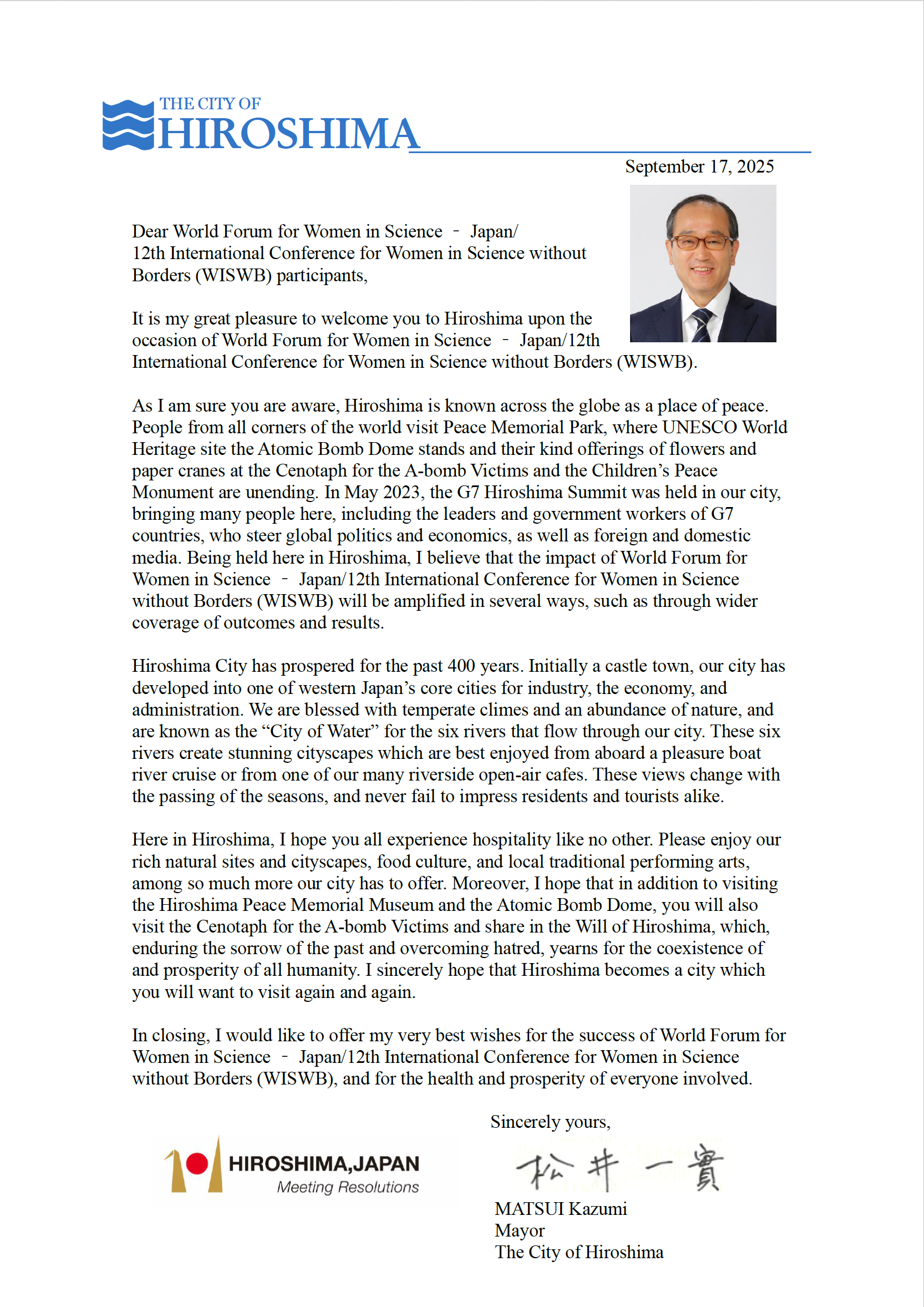
広島市長 松井一實氏より歓迎のメッセージ
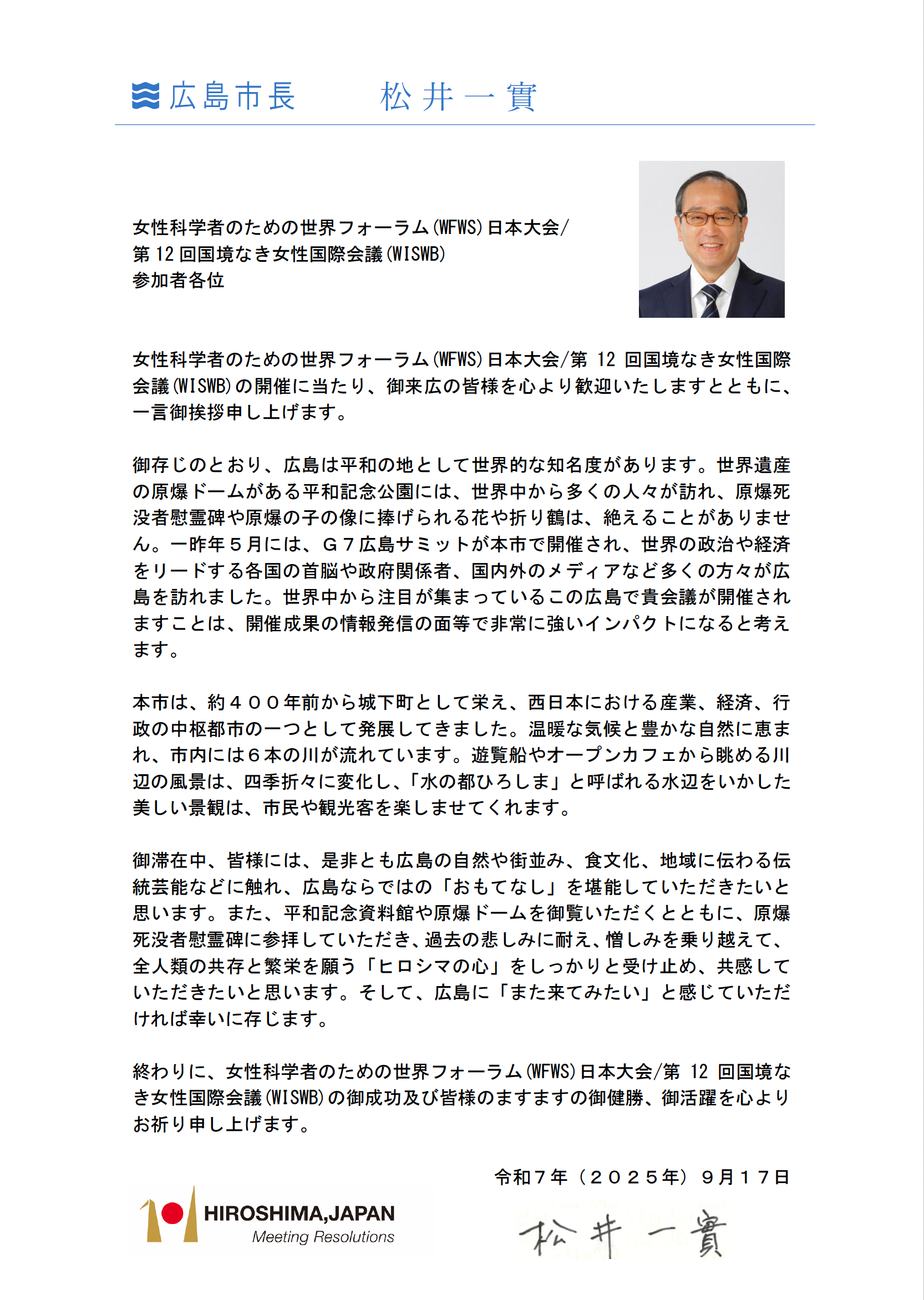
Introduction:
Women in science without borders (WISWB) is a new initiative and network from scientists from over 70 countries world-wide to integrate scientists whether males or females in the development of the societies by encouraging inclusion of both males and females equally in scientific collaborations and projects making scientific merit and excellence is the only criteria of evaluation of scientists. This initiative was mainly founded to help achieving the sustainable development goals including gender equality. Women in science without borders is community-based initiative aims to develop societies and change the world as better place with science achieving equity even rather equality in knowledge production/transfer and science where science must be for all. Therefore, the initiative is for males, females whether young or seniors. Also, it has regular and interactive meetings open for scientists and all interested stakeholders including industrialists, practitioners, students, journalists, etc., where its main theme is (science for all). Briefly, via WISWB, science is considered as a common language to change the world across borders away from any political and cultural considerations.
Accordingly, we thought to hold one of our meetings in Hiroshima, Japan
For the International Conference on Women in Science without Boarders in Hiroshima
Women play a crucial role in advancing science, yet they continue to face challenges in achieving equal representation and recognition in the field. To address these issues and foster a more inclusive scientific community, we are pleased to announce the International Conference for Women in Science without Boarders in Hiroshima.
This conference aims to bring together researchers, educators, policymakers, and students from around the world to share knowledge, discuss challenges, and explore opportunities for women in science. Through keynote speeches, panel discussions, and networking sessions, participants will gain insights into the latest advancements and strategies for promoting gender equality in scientific research and education.
Hiroshima, a city known for its resilience and commitment to peace, serves as an ideal setting for this important gathering because of the city’s enduring legacy of transforming suffering into hope, and its global role in promoting dialogue, reconciliation, and human-centered innovation. As a symbol of peace and recovery, Hiroshima reminds us that scientific and social progress must be guided by compassion, ethics, and equity—principles that also lie at the heart of social innovation and the pursuit of equitable futures. By hosting this event in Hiroshima, we hope to inspire collaboration and empower women scientists to drive positive change in their respective fields and beyond.
We invite all those passionate about gender equality in science to join us in this meaningful discussion. Together, we can shape a future where women’s contributions to science are fully recognized and celebrated.
Opening session
Bridging Borders: Women in Science Leading Global Science Diplomacy
国境を越えて:女性科学者が牽引するグローバル・サイエンス・ディプロマシー
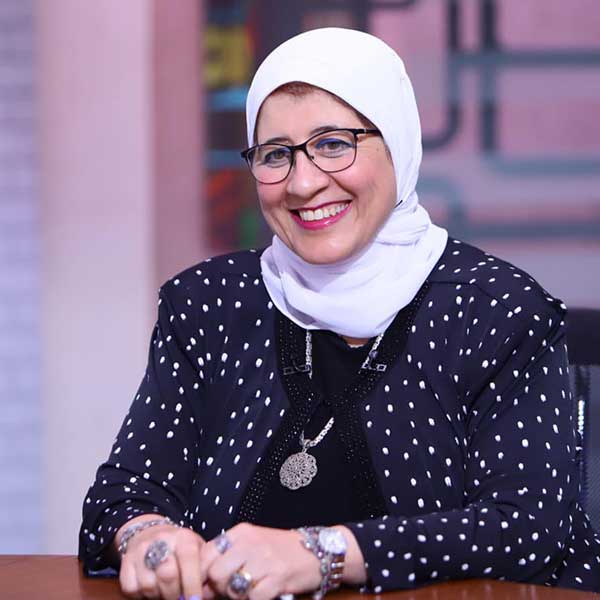
Prof. Dr. Amal Amin is a full professor at the National Research Centre, Egypt, and a global leader in nanotechnology, science diplomacy, and women’s empowerment in science. She co-founded the Global Young Academy and the Egyptian Young Academy of Sciences, and established several international initiatives including Women in Science without Borders and the World Forum for Women in Science. A fellow of the International Science Council and board member of ORCID (2022–2024), she has received multiple international awards, including the 2024 Peace Leadership Award in Science and Technology, and continues to promote science for humanity and social innovation worldwide.
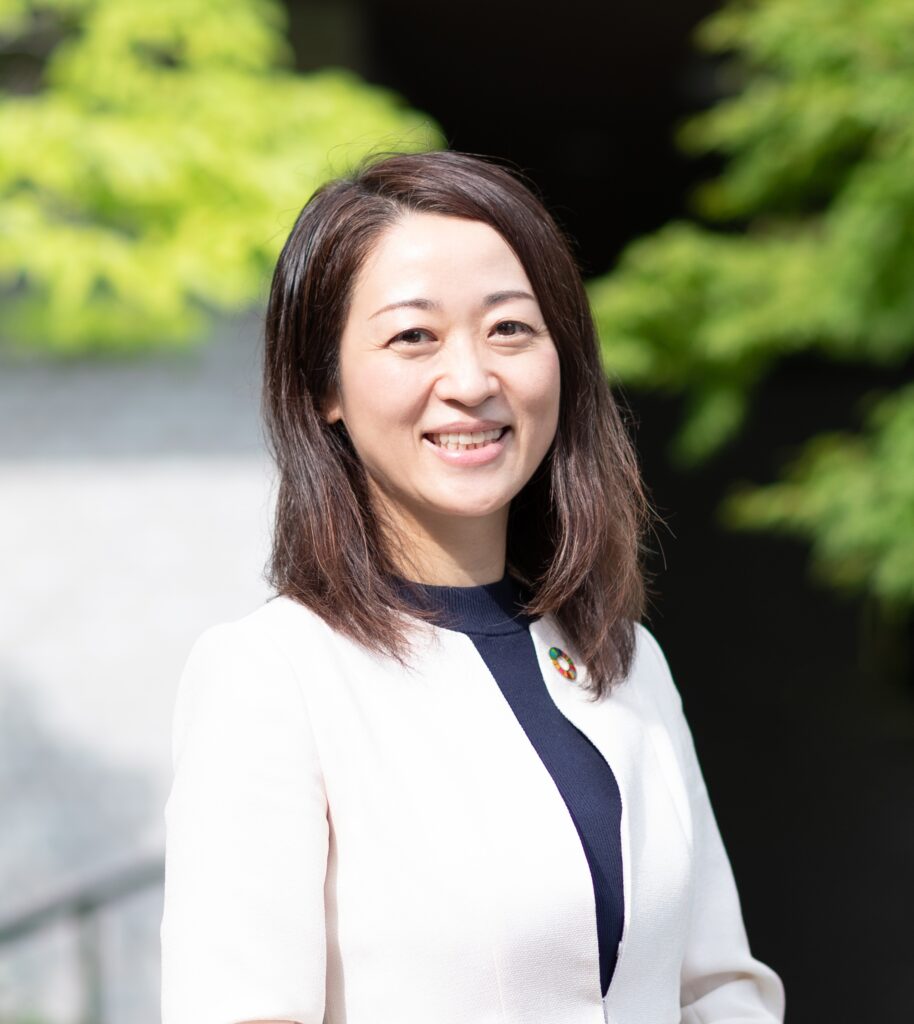
Prof. Yoko Shimpuku is Professor of Global Health Nursing at Hiroshima University, leading research on maternal and child health with a focus on equity, care, and digital health innovation. She has conducted extensive field research in Tanzania and other countries to improve women-centered care through mobile health and midwifery education. She serves on the WHO STAGE Midwifery Expert Group, the ICM Regional Professional Committee (Western Pacific), and the Science Council of Japan. A former executive committee of the Global Young Academy and the Young Academy of Japan, she was recognized in 2020 by WHO and the UN as one of the “100 Outstanding Women Nurse and Midwife Leaders.”
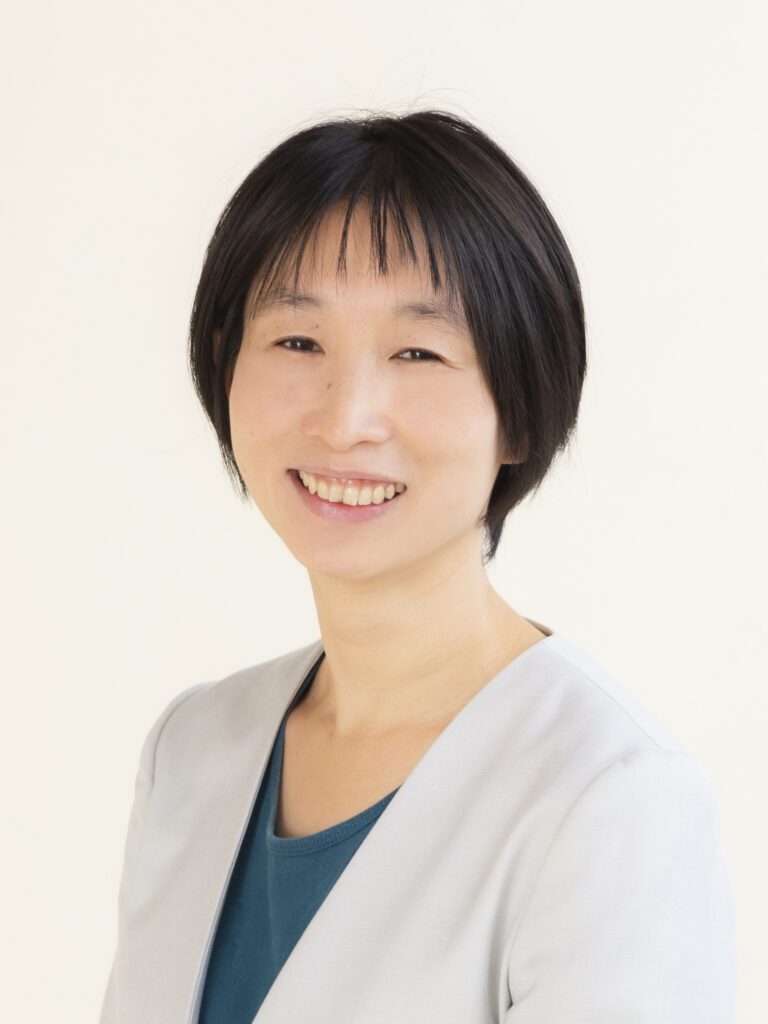
Haruka Ono Associate Professor, Toyohashi University of Technology/ Chair, Young Academy of Japan
Dr. Haruka Ono is Associate Professor of Architecture and Civil Engineering at Toyohashi University of Technology, Japan, specializing in inclusive urban design and planning in rapidly changing environments. Her research focuses on informal urbanism, community-based urban development, and bottom-up smart cities, based on long-term fieldwork in African and Asian cities. She is an Associate Member of the Science Council of Japan and Chair of its Young Academy, as well as a member of the Global Young Academy. She previously served as the founding Representative Director of the Japanese Association for the Advancement of Science, promoting public engagement and transdisciplinary collaboration in science.
小野悠 豊橋技術科学大学 准教授/ 若手アカデミー 代表
豊橋技術科学大学建築・都市システム学系准教授。2016年東京大学にて博士号取得。専門は都市デザイン・都市計画。アフリカ・アジア都市のインフォーマル・アーバニズム、住民主体の都市づくり、ボトムアップ型スマートシティなどを研究。日本学術会議連携会員、若手アカデミー代表、グローバル・ヤング・アカデミー・メンバー、日本科学振興協会初代理事代表などを務める。
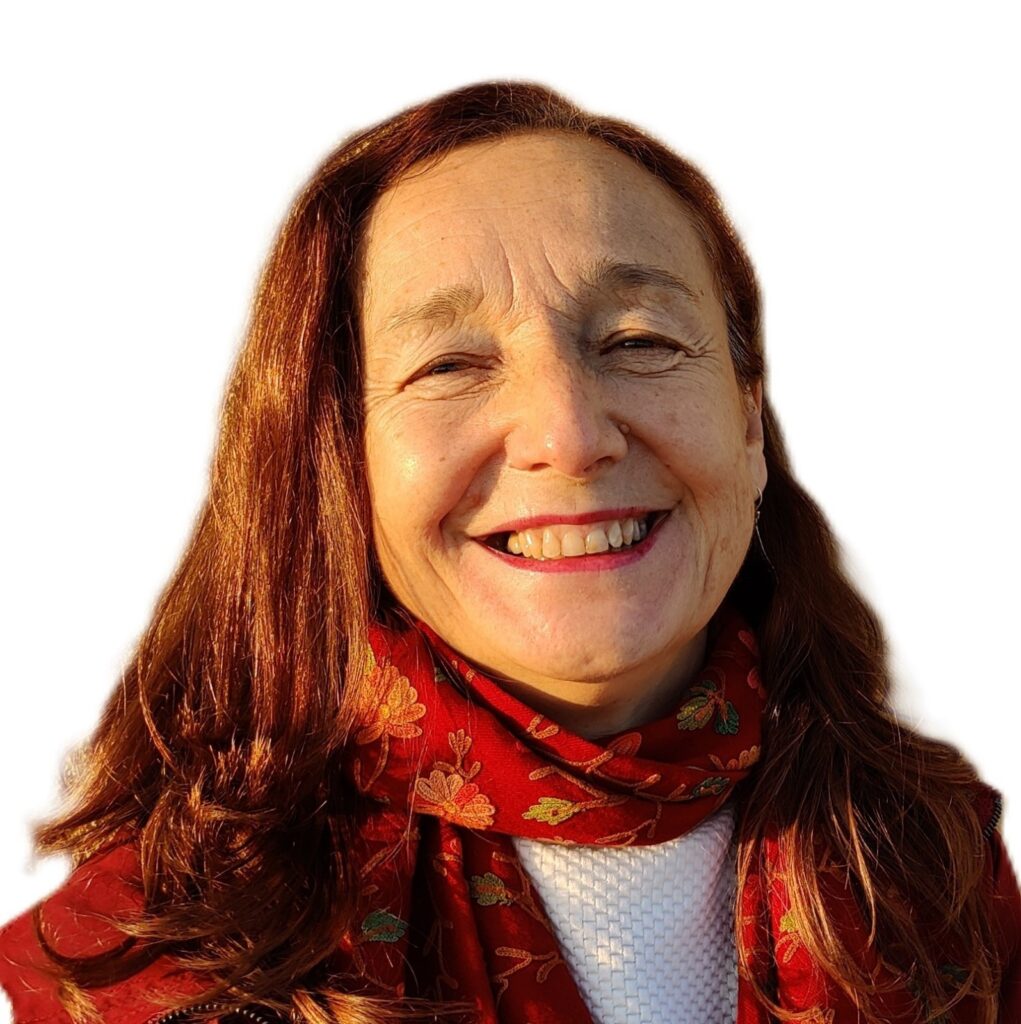
Angela Liberatore is Science Diplomacy fellow at the European University Institute.
She previously served as Head of the Scientific Department at the European Research Council, the EU programme for frontier research in all fields of knowledge. Before that Angela worked in the EU research programmes on environment and climate, social sciences and humanities and then international cooperation in the European Commission.
Among her ‘highlights’, she co-chaired the Social Protection group for the UN Research Roadmap for COVID-19 Recovery, contributed to the EC White Paper on European Governance and the negotiation of the Kyoto Protocol on Climate Change, and -more recently- was part of the drafting team of the European Approach to Science Diplomacy (published in February 2025). Angela holds a PhD in Political and Social Sciences (European University Institute) and a degree in Philosophy (University of Bologna) and was Fullbright Fellow at the Kennedy School of Government of Harvard University.
Plenary session 1
Science Diplomacy from the Perspective of Distributive Justice: Redefining Global Knowledge Cooperation
分配的正義の視点から捉えるサイエンス・ディプロマシー:科学の公共性と国際協力の再設計
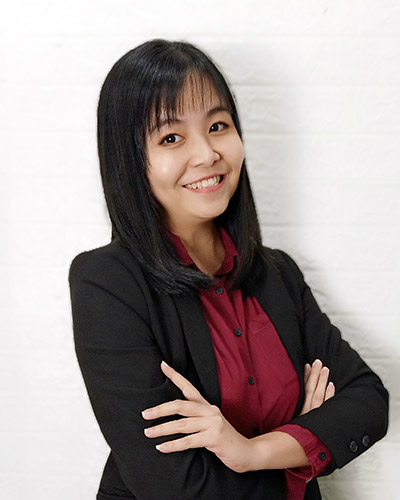
Sam Chan Siok Yee, Co-Chair of Global Young Academy, c/o School of Pharmaceutical Sciences, Universiti Sains Malaysia, Associate Professor
Associate Prof Dr. Chan Siok Yee is a leading researcher in pharmaceutical sciences, focusing on product development to improve patient compliance and medication effectiveness at Universiti Sains Malaysia. She holds key leadership roles, including co-Chair of the Global Young Academy, member of the Capacity Building Committee for international academic partnerships, editorial board member for UNESCO’s scientific report, Editor-in-Chief of the Malaysian Journal of Pharmacy, and President of the Clinical Ethics Committee USM-LWE. Dr. Chan has been invited to various prestigious events as a delegate and key opinion leader in SDGs, Planetary Health, women in science, and global health strategies.

Dr. Jan Marco MÜLLER Team Leader Global Approach, Multilateral Dialogue and Science Diplomacy, European Commission, DG Research and Innovation
Following his PhD in Geography at the University of Marburg (Germany), Jan Marco Müller’s early career included management positions at environmental research centres in Germany, Italy, and the UK. After being an Assistant to the Director-General of the Joint Research Centre JRC (2009-2012), he managed the office of Dame Anne Glover, the first Chief Scientific Adviser to the President of the European Commission (2012-2015) and then helped setting up the Commission’s current Scientific Advice Mechanism. 2017-2020 he worked for the International Institute for Applied Systems Analysis (IIASA) as Coordinator for Science Diplomacy and Acting Chief Operations Officer. 2020-2022 he served as Science & Technology Advisor of the European External Action Service (EEAS), before joining the European Commission’s DG Research and Innovation, where he coordinates the development of a European Framework for Science Diplomacy. He is a Fellow of the International Science Council and currently chairs the global Foreign Ministries Science & Technology Advice Network (FMSTAN).

Ryuma Shineha Graduate School of Media Design, Keio University Associate Professor After receiving his Ph.D from Kyoto University, he worked at SOKENDAI, Osaka University, and etc. His main research theme is “responsible governance of science and technology” with the concept of “responsible research and innovation (RRI).” He conducts an analysis of ethical, legal, and social implications (ELSI) concerning advanced science and technology with multiple analytical approaches in social science, such as media analysis, social surveys, scanning, public dialogue, observation, and policy analysis.
標葉隆馬 慶應義塾大学大学大学院メディアデザイン研究科 准教授 京都大学大学院生命科学研究科博士課程修了、博士(生命科学)。総合研究大学院大学助教、大阪大学准教授等を経て、現職。先端科学技術をめぐる倫理的・法的・社会的課題 (ELSI) の分析、メディア分析、コミュニケーションデザイン、政策分析などを組み合わせながら、「責任ある研究・イノベーション(RRI)」の視点を踏まえた科学技術ガバナンスに関わる研究を進行中。
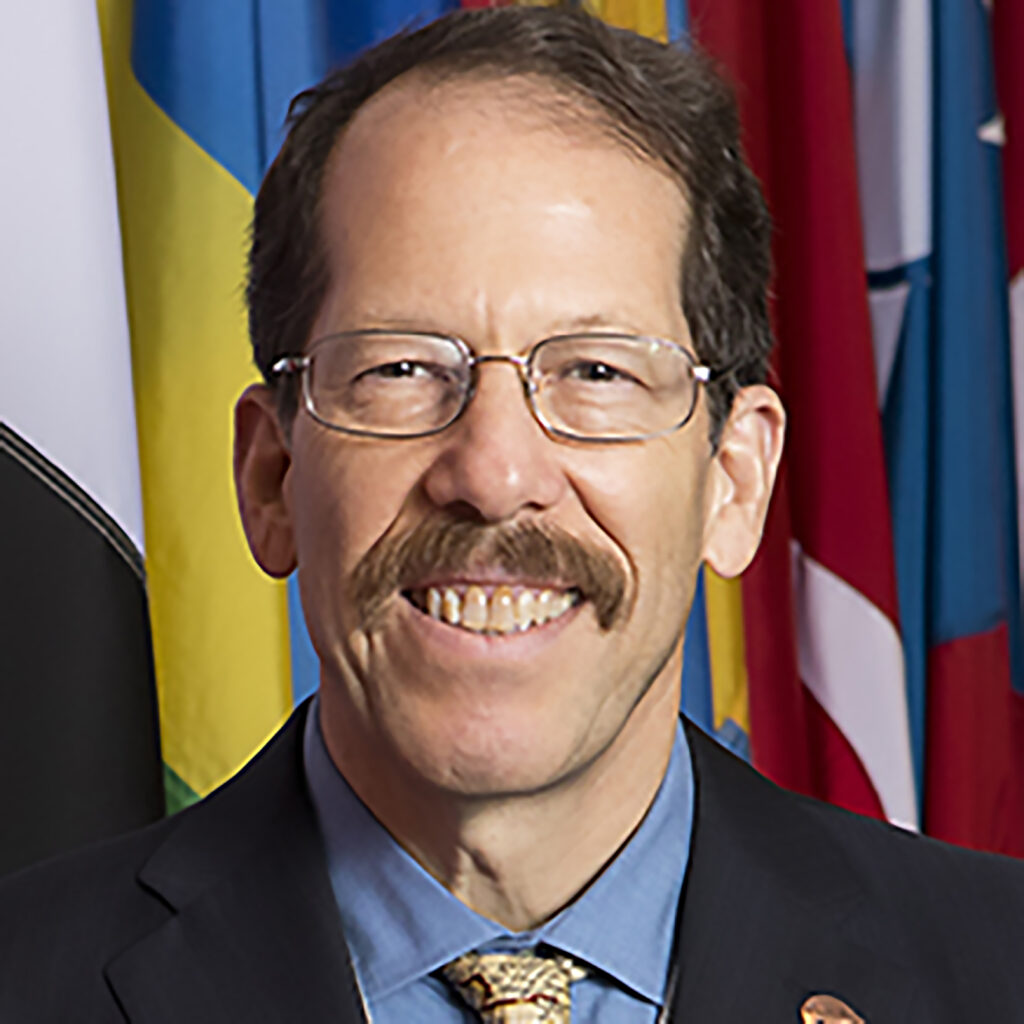
Professor Paul Arthur Berkman is a Fellow of the International Science Council and Fulbright Specialist 2024-2027 with the United States Department of State. He founded the Science Diplomacy Center, Inc. (SDCI) nonprofit in the United States in 2022. He is a Faculty Associate with the Program on Negotiation at Harvard Law School and a Distinguished Visiting Professor with the International Institute of Science Diplomacy and Sustainability (IISDS) at UCSI University in Malaysia. Paul wintered in Antarctica on a SCUBA research expedition in 1981 and became a Visiting Professor at the University of California Los Angeles the following year at the age of 23, when he began his global journey with science diplomacy.
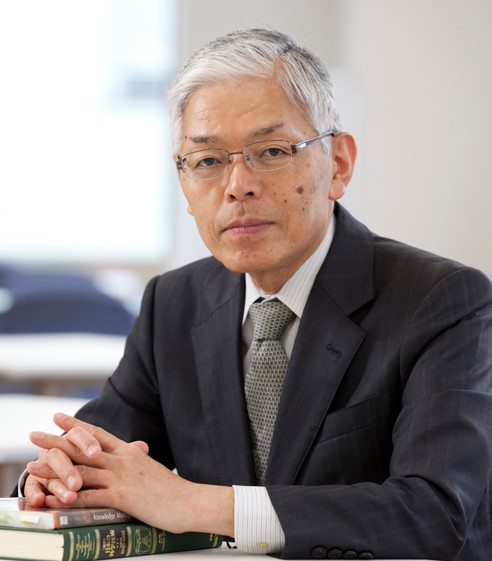
Tateo Arimoto is a fellow of ISC, Visiting Professor of GRIPS and Senior Advisor to the President of JST. He served DG of STI Policy Bureau of MEXT, Executive Research Fellow at the Cabinet Office. He has been an active role in STI policy making and promoting S&T for society with multidisciplinary approach in Japan. He is a board member of INGSA, Science Diplomacy Committee at Japan’s Foreign Ministry and UN STI Forum for SDGs. He has been co-chairing several OECD studies on scientific advice, research funding and transdisciplinary research. His recent publications are “Research Security for Actionable Science Diplomacy” and “Mission-oriented innovation policy in Japan”.
ISCフェロー、政策研究大学院大学 客員教授、科学技術振興機構 参与。文部科学省科学技術・学術政策局長、内閣府経済社会総合研究所総括政策研究官等を歴任。日本において、科学技術イノベーション政策の立案と社会貢献、学際的アプローチによる科学技術の推進に積極的に従事。INGSA(政府科学助言国際ネットワーク)board member、外務省科学技術外交連携諮問委員会委員、国連STI for SDGs Forum参加メンバー。OECDの科学的助言、研究資金、学際研究に関する複数の調査で共同議長を務める。最近の著作として“Research Security for Actionable Science Diplomacy”、 “Mission-oriented innovation policy in Japan”。
Plenary session 2
Reframing Care: From Redistributing the Burden to Sharing Human Fulfillment—and Advancing Research Careers
ケアを再構築する:負担の再分配から、人生の豊かさの共有に基づく研究者のキャリア形成

Antonia Morita Iswari Saktiawati (Faculty of Medicine, Public Health, and Nursing, Universitas Gadjah Mada, Indonesia (Faculty member and clinician)) TB researcher, medical doctor, and proud mother dedicated to innovation in health while striving to balance work and family life
アントニア モリタ イスワリ サクティアワティ(インドネシア ガジャマダ大学 医学部・公衆衛生学部・看護学部(教員・臨床医))結核研究者であり医師、そして誇りある母として、医療革新に尽力しつつ仕事と家庭の両立に努めています。
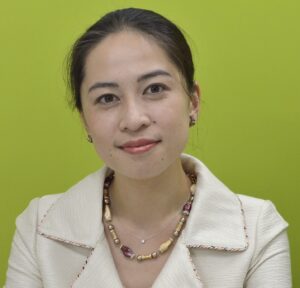
Hazuki Maehara / President,Life Portfolio Co., Ltd.
In 2019,founded Life Portfolio. Has served as a lecturer for women’s career development programs at many companies.
Specializes in career training for employees returning from parental leave.
At Life Portfolio, we provide career programs designed not just to maximize career success, but to maximize happiness.
前原はづき 株式会社ライフ・ポートフォリオ代表
2019年ライフ・ポートフォリオ設立。以降、多くの企業で女性活躍の人材育成プログラムの講師を担当している。
育休取得者向けのキャリア研修を得意とする。
キャリアの最大化ではなく、幸せの最大化の観点からキャリアプログラムを提供している
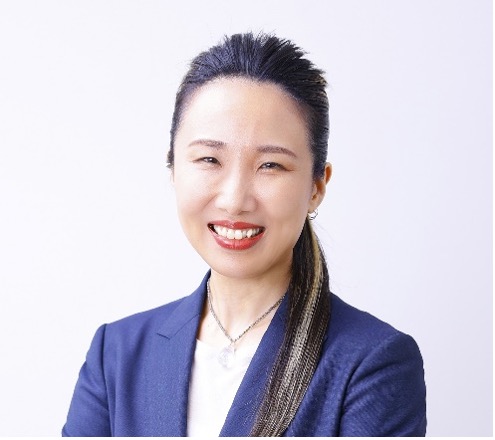
Keiko Matsubara, M.D., Ph.D. is Chief of the Discovery and Innovation Gateway at the Integrated Center for Women’s Health (ICWH), established in 2024 at the National Center for Child Health and Development (NCCHD), Japan. She also leads the Division of Diversity Research at NCCHD. Her work spans cross-sector collaboration and innovation in women’s health, with expertise in pediatric genetics, epigenetics, and developmental endocrinology. She has advanced data-driven approaches, including a 2022 study using parenting app data to map child development, and is committed to addressing unmet needs and promoting diversity, equity, and inclusion.
松原圭子 国立成育医療研究センター 女性の健康総合センターオープンイノベーションセンター準備室 室長/ダイバーシティ研究室 室長 2002年浜松医科大学卒業、東京医科歯科大学(現東京科学大学)、東京都立墨東病院、取手協同病院(現JAとりで総合医療センター)、横浜市立みなと赤十字病院にて、小児科および新生児診療に従事。2008年より国立成育医療研究センター分子内分泌研究部にて、希少遺伝性疾患、小児内分泌疾患の分子遺伝学的研究、2022年より同センター内の衛生検査センターにて遺伝性疾患の臨床検査受託事業、2023年ダイバーシティ研究室長に着任し、ダイバーシティ実現推進プロジェクトにも関わる。2024年11月より、女性の健康総合センターオープンイノベーションセンター準備室室長を併任。
Abstract submission should be made in the official website below.
https://pub.confit.atlas.jp/en/event/wfws2026/content/submission
Registration should be made in the official website below.
https://pub.confit.atlas.jp/en/event/wfws2026/content/registration
